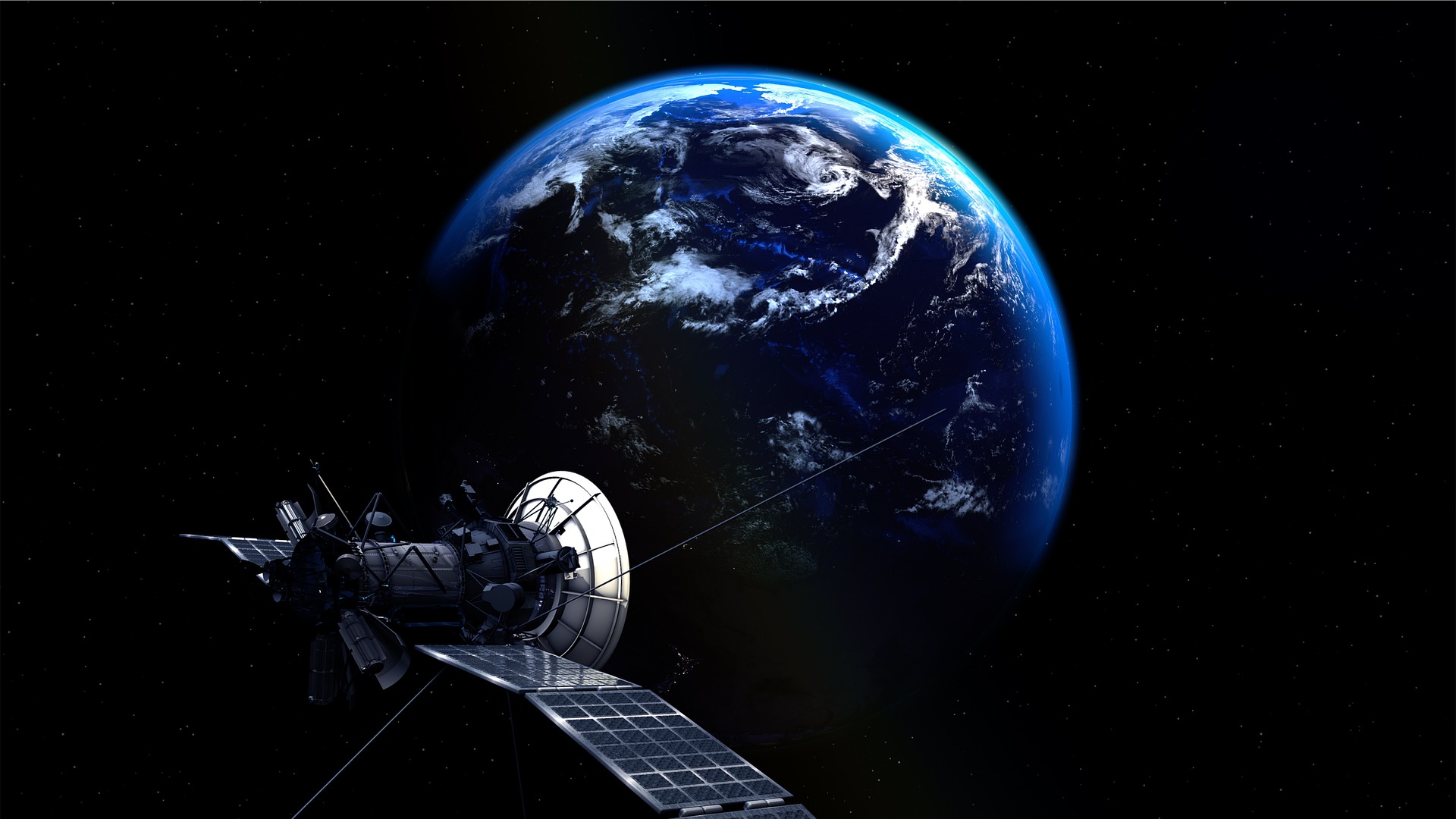
India is set to join an elite group of countries with quantum satellite capabilities, aiming to secure communication networks against hacking and cyberattacks. The satellite will be crucial in the larger quantum communications network under the National Quantum Mission (NQM).
“Satellite-based communication will be required to secure country-wide or international communication. The Department of Space is planning to launch a quantum satellite in 2-3 years for quantum communications,” Ajai Chowdhry, co-founder of HCL and chairman of the mission governing board for NQM, told The Hindu Businessline.
The NQM has organised its work across four verticals: computing, communication, measurement, and sensing. The communications vertical aims to create a secure network resistant to breaches by quantum computers.
Satellite-based communication will complement the optical fibre-based network by addressing distance limitations. While optical fibres can transmit photons up to 250 km, satellites can enable longer-range communication.
Photons lose energy after 100-250 km in optical fibres, requiring costly trusted nodes every 150 km. Satellites, with a wider reach, are more practical. “We plan to focus on satellites in the next 6-12 months,” said Sunil Gupta, co-founder of QNu Labs.
Quantum satellites use quantum key distribution (QKD) technology to secure information transmission. Countries like China, the US, and members of the European Union have already launched such programmes.
In terms of breach footprints, Dr. Urbasi Sinha, head of the Quantum Information and Computing (QuIC) laboratory at RRI, told AIM, “In quantum, you cannot do anything without leaving a mark. When we execute the protocol, we can determine whether there has been any eavesdropping.”
Dr. Sinha’s work in quantum communication, particularly in QKD, also led to the recent paper, which presented simulation results after analysing link performance at three different locations for a quantum communication centre in India.
In Parliament, Jitendra Singh, Minister of State for Science and Technology, announced that the government will develop satellite-based secure quantum communication between two ground stations over a range of 2,000 km within India and internationally.
Gupta also highlighted challenges with low-earth orbit satellites, noting their limited 15–20 minutes of daily coverage. “A constellation of 4–7 satellites is needed, and either ISRO or private players like Dhruva must prioritise their launch,” he said.
Chowdhry expressed confidence in the mission’s progress, with the Union Cabinet allocating ₹6,003.65 crore over eight years. Experts have urged the government to accelerate the project to keep pace with global advancements in quantum technology.
The integration of quantum computing and AI is anticipated to revolutionise various sectors, including drug discovery and cybersecurity. Chowdhry highlighted that quantum computers could significantly reduce the time and cost associated with drug development. In an interview with AIM, he had earlier warned, “When a quantum computer that can crack the current cyber security systems comes up, you will be completely open to attacks.”
Major tech companies like Google and Microsoft are actively developing this combination to drive the next wave of the AI revolution. Google Deepmind’s new ‘AlphaQubit’ AI-based system can accurately identify errors inside quantum computers. Furthermore, future versions of AlphaFold could leverage quantum algorithms to process complex biological data and investigate protein structure spaces that classical methods cannot compute.
The NQM’s focus on quantum communication and computing aims to prepare India for these emerging challenges and opportunities. By developing indigenous quantum technologies, India seeks to safeguard its digital infrastructure and enhance its technological capabilities.
The post India Plans to Launch Advanced Quantum Satellite in 2-3 Years appeared first on Analytics India Magazine.